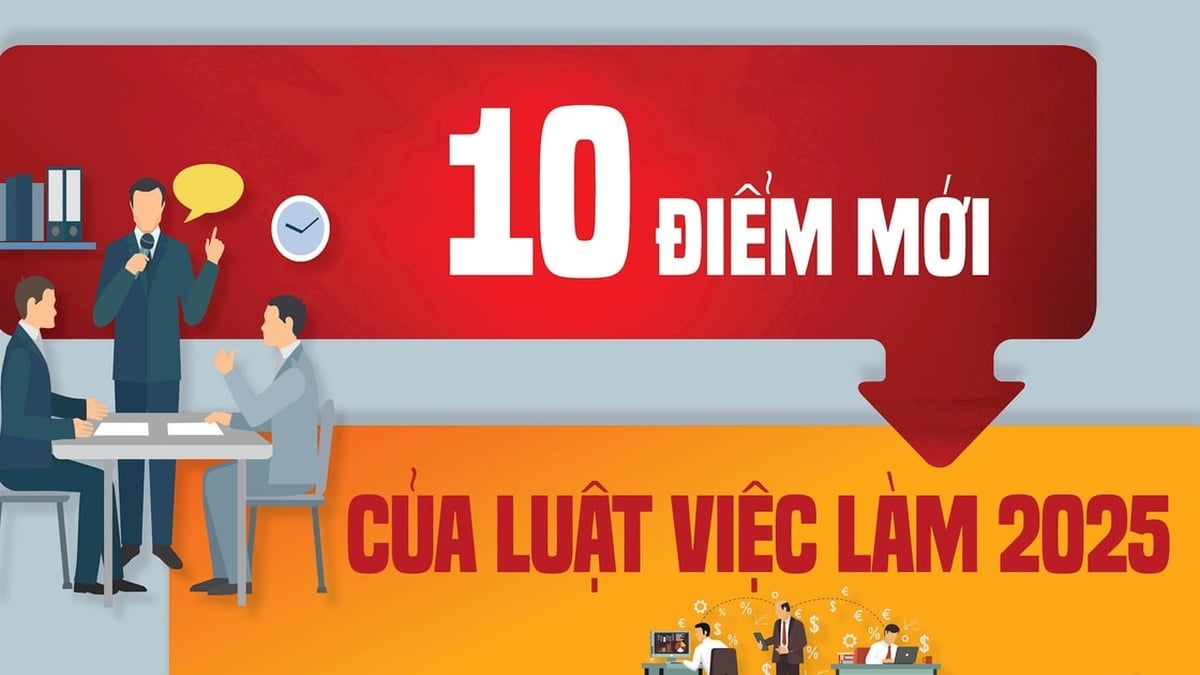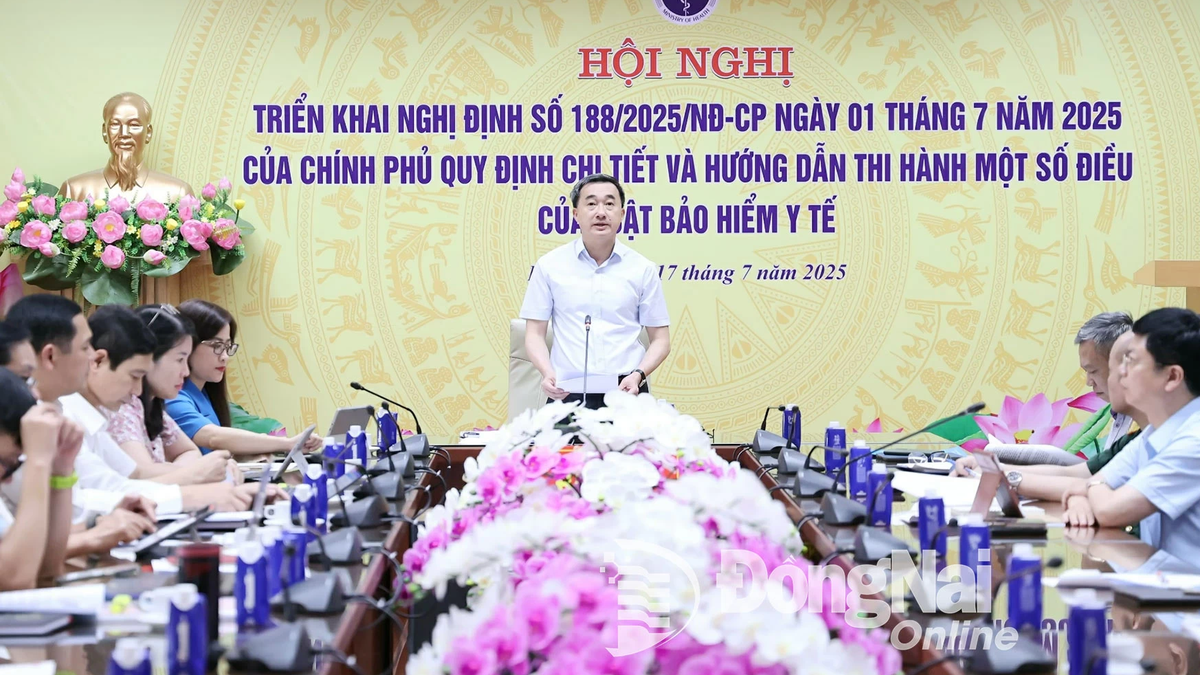Pham Huy Hoang, 28 years old, is a former student of Banking and Finance at the Banking Academy. After graduating in 2019, realizing that he was not passionate about the positions in his major, Hoang decided to switch to freelance IELTS teaching.
“Starting from 7.5 IELTS, I was very passionate about practicing pronunciation. I could spend hours learning pronunciation on Youtube, practicing pronunciation classes on free platforms,” Hoang recalls.
Trying little by little to gradually raise the target, after 10 attempts, Hoang finally achieved a perfect 9.0.
Plan your own "upgrade"
The first time Hoang took the IELTS test was 7 years ago. At that time, he got 7.5. Determined to follow the path of IELTS preparation, Hoang began to map out a path to "upgrade" himself.
“In recent years, the standards for an IELTS teacher have been much higher than in previous years. Therefore, I tried to improve my score, enhance my communication skills and find effective teaching methods,” Hoang recalled.
To improve his score, Hoang initially tried many ways to learn English. Finally, he realized that watching his favorite topics on Youtube and movies without subtitles were very effective.
Not focusing on taking notes while watching these contents, Hoang felt relaxed and entertained. The language learning process therefore took place naturally. Besides, he also searched for IELTS documents to supplement his missing skills.
However, after many retakes, he still did not achieve the expected score. Learning from experience, every time he finished the test, Hoang asked for a breakdown (detailed score analysis) for each skill to clearly understand his strengths and weaknesses, and from there, develop a suitable review strategy.

Huy Hoang just achieved 9.0 IELTS. (Photo: NVCC)
For Reading and Listening skills, Hoang only studies the Cambridge books, does the exercises and corrects them in detail. According to Hoang, a mistake many people make is practicing IELTS exercises too early, when their ability is below 5.5 IELTS. Instead, learners need to understand the types of exercises and practice each specific type before attempting a complete set of exercises. This will help candidates feel less discouraged and overwhelmed.
For the Speaking skill, Hoang used to study by carefully preparing the questions that might appear, trying to memorize and reproducing the answers during the exam. However, he soon realized that this made his speech unnatural and the examiner did not appreciate the candidate's memorization.
“After that, I practiced using the vocabulary I learned in different topics, flexibly moving away from the sample text and recording my speech to correct mistakes. Gradually, I achieved the ability to respond naturally,” Hoang said.
In the Writing skill, Hoang initially “plowed” through many questions but felt it was ineffective. After the tests, Hoang realized that “quality is better than quantity”. He focused on reviewing his writing after a while and finding points that could be improved to increase his score, instead of writing a lot but not reviewing.
In addition, he also pays attention to sentence length and flexibility in grammatical structure, including simple sentences, compound sentences, passive sentences, relative clauses, conditional sentences, etc.
Hoang believes that overusing "complex, advanced" words sometimes makes you "stuck" at a low score. For example, "Overshadow" is not always a good choice to replace the word "Outweigh" (The advantages outweigh the disadvantages).
“Therefore, don't be greedy to use less common words unless you have a good understanding of them. Using simple, contextual vocabulary is sometimes the key to getting a high score,” Hoang said.
Learn from failure
After many retakes, Hoang continuously learned lessons to “improve his score next time”. For example, in the Writing section, when describing a graph in Task 1, instead of just talking about the increase and decrease process at the start and end points, Hoang focused on the overall picture, from which he commented on the level of change.
Also, avoid getting bogged down in lists. For example, instead of saying, “The numbers increased by X in 2000, Y in 2001, and Z in 2002,” it would be better to say, “The numbers increased steadily, each year by A, from X in 2000 to Z in 2002.”
Thanks to that, Hoang's Writing test increased from 6.5 in the first test to an absolute 9.0.

Hoang is currently a freelance IELTS teacher. (Photo: NVCC)
According to Hoang, the mistake of most candidates is to “rush” to register for IELTS courses with the expectation of increasing their scores in a short time. However, if they only rely on 1-2 hours in class and do not do exercises or actively research, it will be very difficult for candidates to achieve this goal.
“Each person's aptitude and ability to learn is different, so candidates should avoid registering for fast-track programs that are not really suitable,” Hoang said.
With the results achieved, Hoang hopes to share more free IELTS content on social media platforms in the future. In addition, Hoang plans to study for a master's degree to improve his English teaching skills.
Source: https://vtcnews.vn/chang-trai-dat-9-0-ielts-sau-10-lan-thi-ar944130.html



































































































Comment (0)